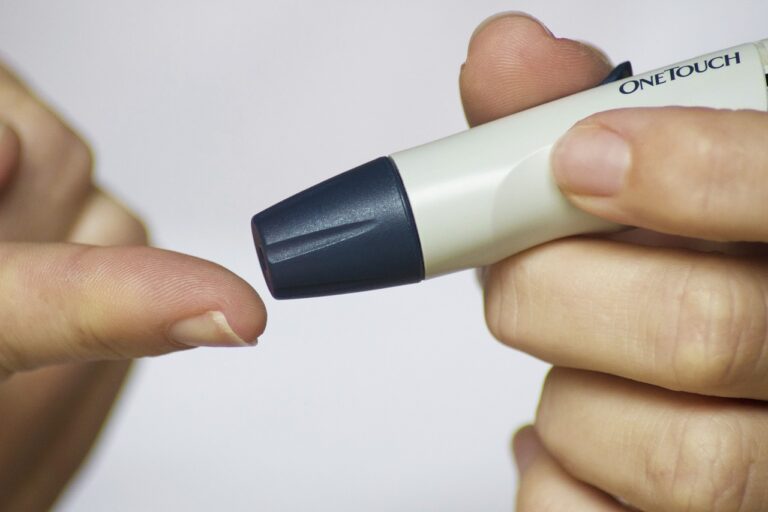Type 1 diabetes (T1D) is an autoimmune condition that affects millions worldwide. Unlike Type 2 diabetes, which is often linked to lifestyle factors, Type 1 diabetes is primarily caused by the body’s...
Type 1 diabetes (T1D) research has made significant strides in recent years, offering new and improved treatment options. 2024 brings even more hope to T1D patients and healthcare professionals, with...


